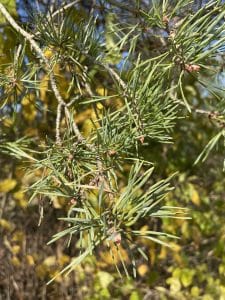
When you see evergreen trees is your first thought to consume them? Probably not.
However, you may want to reconsider as pine needles are not only edible, but also medicinal for you and your livestock.
Mentioned in memoirs and historical writings, pine needles – and more specifically, pine needle tea – were used for decades by Native American and Asian cultures.
When it comes to foraging, remember that exact and careful identification is crucial as not all evergreens are created equal. Some such as english yew, norfolk island pine, and yew pine are not pine trees at all and have proven to be extremely toxic. Ponderosa pines are another tree that is best to be avoided, especially by pregnant women and animals alike as it could cause abortion.
When choosing pine needles, young, green ones are always best and brown or yellow should be avoided as there could be disease/no nutritional value.
BENEFITS:
So, what is so great about a bunch of prickly needles (which are technically leaves)?
Pine needles contain 5x the amount of vitamin c found in citrus, is a rich source of vitamin a, and is packed full of free radical fighting antioxidants. The list of benefits that go along with these vitamins and nutrients is impressive:
- boosts the immune system
- helps with respiratory infections, coughs, and chest congestion
- May increase cognitive function
- Vision health
- Anti-inflammatory properties
- Potentially contain DNA protective properties
- May slow weight gain
- May strengthen heart health
- Improve soft tissue and membranes
- ETC!!
The most popular to utilize pine needles is in the form of tea and it is super simple to make.

Another plus towards pine needles is that livestock can eat them too and are considered a healthy treat. Our animals receive the same benefits of pine needles being added to their diet as we do, with the addition of a few things:
- Cleanse internal parasites
- Treats loose stools
As with most things, moderation is best for animals. Smaller farm animals can eat pine needles 2-3x weekly. For horses, it is best not to exceed .5% of body weight daily. (However, that is 5# for a 1000# horse and I’m not sure anyone would ever think to feed their horses that much, lol.)
If you notice your animals seeking pine needles of their own accord, it could be an indication that their body’s need extra support that the pine provides. All around us, nature is ready to support us and our animals!
BONUS:
Need to get rid of that Christmas tree come January? Firs, spruces, and pines are the most common type of Christmas trees and all are safe species. Chickens, sheep, goats, pigs, and horses all enjoy them, they provide munching and enrichment, and it is a great way to recycle your tree when the holidays are over. Just make sure that the trees haven’t been sprayed and are 100% natural.
Emily
Emily Bradburn is a writer, entrepreneur, self publisher, and owner of The Healthy Home & Herd Magazine. Being raised on a hobby farm gave Emily her passion for animals, gardening, foraging, and the great outdoors. When she isn’t writing or spending time with her various pets, Emily enjoys photography, making homemade natural skin care products, and binge watching Netflix. To learn more about The Healthy Home & Herd magazine, you can follow Emily on Instagram: triplehmagazine.
REFERENCES:
https://www.euphoricherbals.com/blogs/news/health-benefits-of-pine-needles-pine-needle-tea-recipe


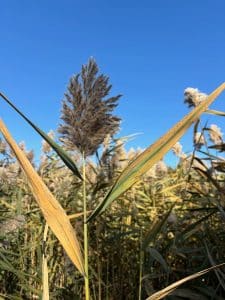
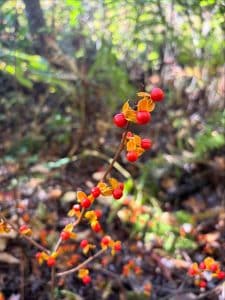
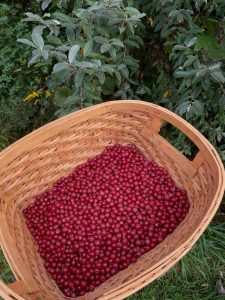
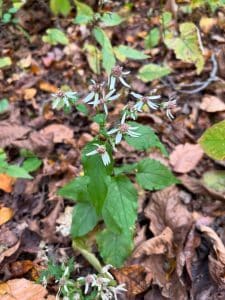
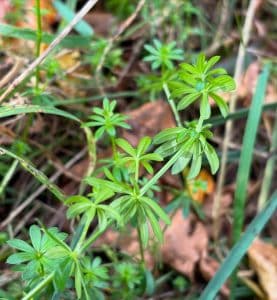
One Response
Here at Brush Creek Evergreens and Greenhouse we are working to educate our community on the benefits of edible flowers and pine needles. Thank you for the information and the resource we can point our customers to.